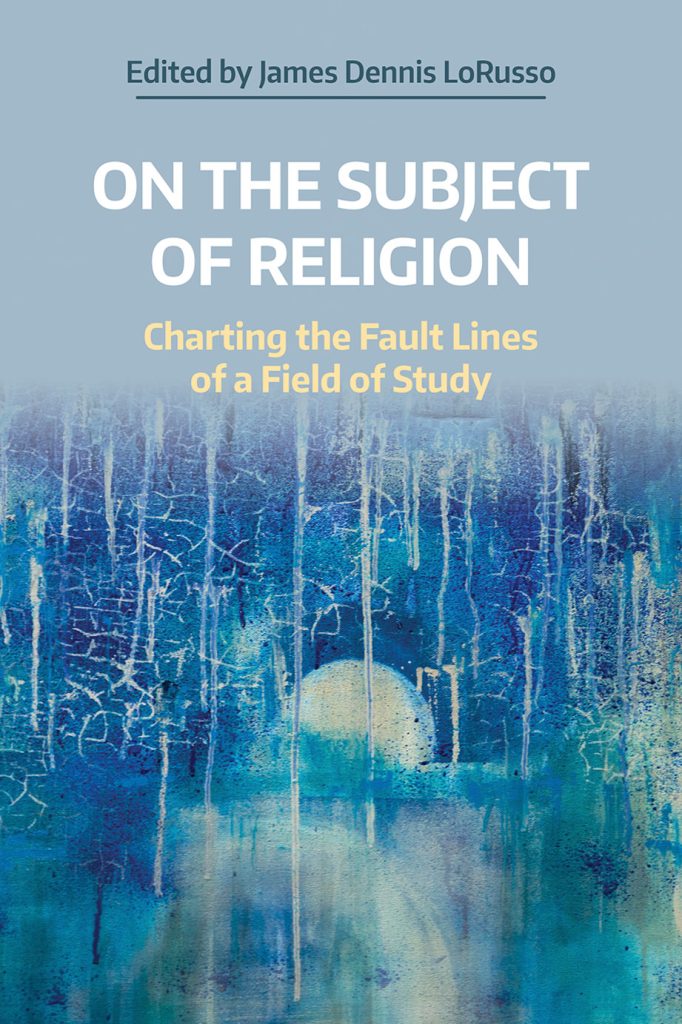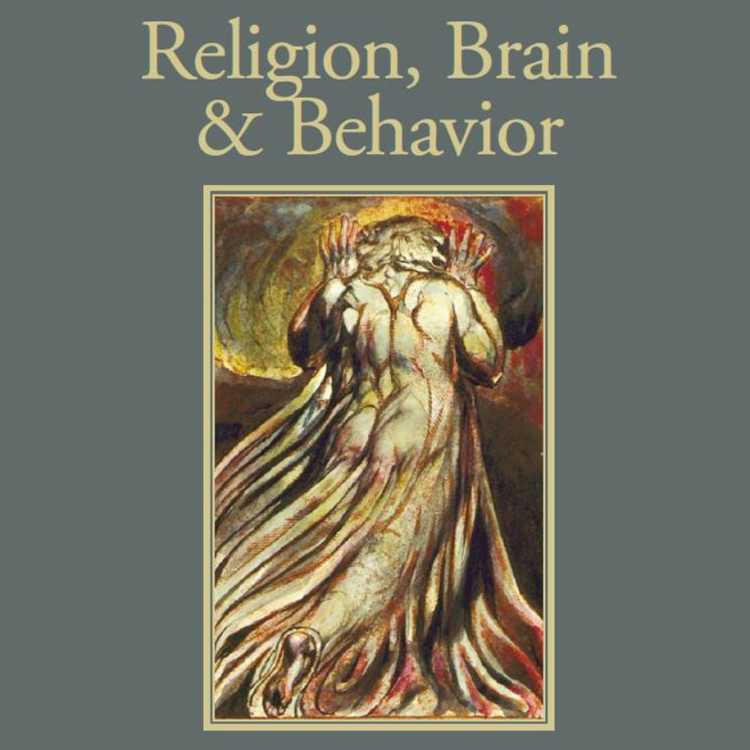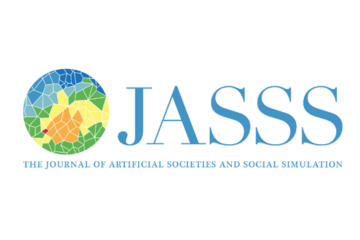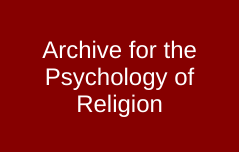Chapter in On the Subject of Religion – Charting the Fault Lines of a Field of Study
F. LeRon Shults and Wesley J. Wildman

This chapter provides an “international perspective” on the field from a scholar who was trained in the US with an expertise is in religion but now teaches in a department of global development and social planning in Norway. Although it will respond to Professor Hackett’s essay, it will do so in the context of a presentation of new empirical findings from the Values in Scholarship on Religion (VISOR) project and a discussion of a recent book on Religion and Development in the Global South by Rumy Hasan (2017).
The first section introduces the “methodological naturalism and methodological secularism” scale (created and validated as part of the VISOR project). Methodological Naturalism (MN): Preference for academic arguments that optimize the use of theories, hypotheses, methods, evidence, and interpretations that do not appeal to supernatural agents or forces or authorities. Methodological Secularism (MS): Preference for academic practices that optimize the use of scholarly strategies that are not tied to the idiosyncratic interests of a religious coalition. The authors provide figures demonstrating the high levels of MN and MS among NAASR respondents, and compare this to other demographics including international respondents.
The second section introduces the “academic values” scale (also created and validated as part of the VISOR project. Here I report on the similarities and differences among scholars in the field in relation to values such as breadth or depth of knowledge, preference for a humanities or empirical approach in methodology, etc. NAASR respondents stand out for their high valuation of academic fairness and intellectual capacity.
The final section explores the implications of the VISOR findings, and broader findings in the scientific study of religion, for the responsibility of scholars in the Global North to identify and critique the deleterious psychological and political effects of high levels of religiosity in the Global South. In light of Rumy’s research on the role of supernatural thinking in mitigating against the dynamic of growth, development and the uplifting of people in the Global South, Shults and Wildman argue that scholars of religion in the Global North ought to be more willing to offer public critiques of those aspects of religion that contribute to socio-economic dysfunction.



